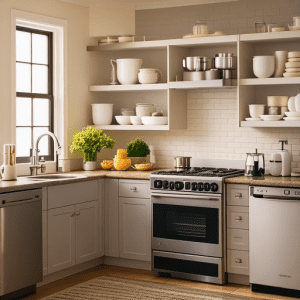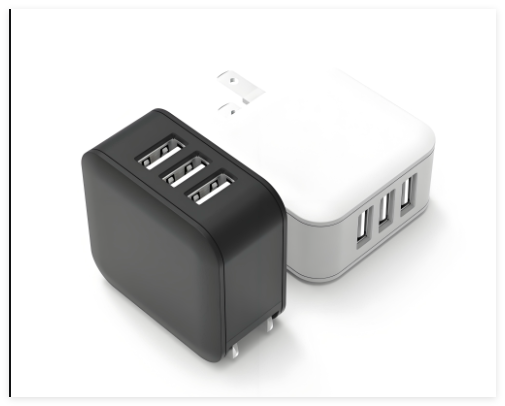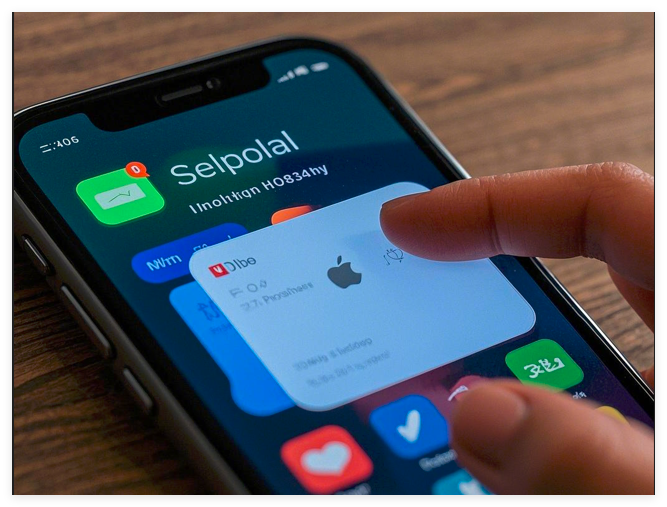How to solve the compatibility issues of smart home appliances?
As the ancients said, “A craftsman who wants to do his job well must first sharpen his tools.” In the tide of intelligence, our home appliances need to cooperate with each other like the sharp tools of ancient craftsmen to maximize their efficiency.

Firstly, we must recognize that the compatibility issue of smart home appliances is essentially a problem of standards and protocols. Just as Confucius said, “The use of rites is to be harmonious,” in the world of smart home appliances, we also need a set of “rites,” that is, unified standards and protocols, to allow different devices to coexist harmoniously and collaborate with each other.
According to a report by the International Data Corporation (IDC), it is expected that by 2025, the global smart home device market will reach 277 billion US dollars. However, behind this number, there are countless families and enterprises facing the confusion and challenges of smart home appliance compatibility issues.
To solve this problem, we need to start from several aspects:
- Establish and promote industry standards: We need leading enterprises and standardization organizations in the industry to work together to formulate a set of communication protocols and interface standards that everyone recognizes. For example, technical standards such as Zigbee, Z-Wave, and Bluetooth have promoted the interconnection of devices to some extent.
- Strengthen cooperation between platforms: Just as the ancient Silk Road connected the civilizations of the East and West, today we also need to build an open platform to allow different smart home appliance brands to coexist in the same ecosystem. For example, Apple’s HomeKit and Google’s Nest are all striving to achieve this.
- Enhance user experience: The ultimate purpose of smart home appliances is to serve people. We need to design more user-friendly and easy-to-use smart home appliances from the perspective of users. Just as Mencius said, “To educate the talented people of the world,” we also need to serve the hearts of users.
- Continuous technological innovation: Technology is the fundamental driving force for the development of the industry. We need to continuously develop new technologies, such as artificial intelligence, the Internet of Things, etc., to solve compatibility issues and make smart home appliances smarter.
- Policy support and regulation formulation: The government plays an important role in promoting the development of the industry. Through policy support and regulation formulation, legal protection and policy guidance can be provided for the compatibility issues of smart home appliances.
“Climb to the top of the mountain and look down upon all the smaller mountains.” On the journey of intelligence and new energy, we are standing at a new height, facing unprecedented opportunities and challenges. Let us work together to climb the peak of smart home appliance compatibility and achieve a win-win development of the industry. Thank you, everyone!



Post Comment